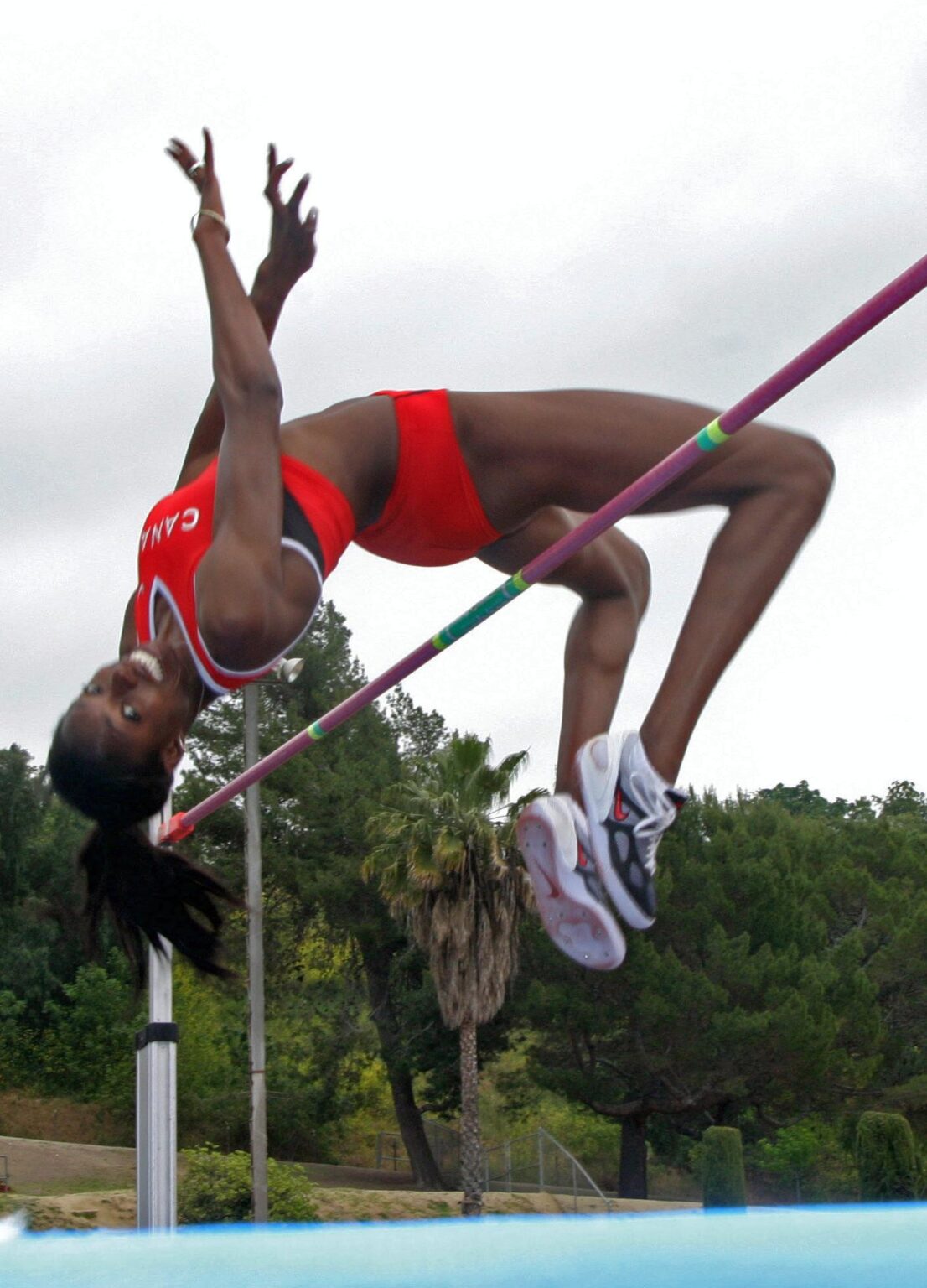In a moment of unprecedented sportsmanship at the Tokyo 2020 Olympics, Qatar’s Mutaz Barshim and Italy’s Gianmarco Tamberi decided to share the gold medal in the men’s high jump event, answering the question, “Can we have two golds?” rather than competing in a traditional jump-off. Their joint victory marked a historic first in Olympic high jump history, showcasing not only exceptional athletic talent but also a remarkable display of camaraderie and mutual respect on the world stage.
Barshim and Tamberi Defy Convention to Share Olympic High Jump Gold
In a stunning display of sportsmanship and camaraderie at the Olympic Games, Mutaz Barshim of Qatar and Italy’s Gianmarco Tamberi decided to break tradition and share the gold medal in the men’s high jump event. Both athletes cleared the winning height of 2.37 meters but chose to forego the usual jump-off that would have determined a sole winner. Their unprecedented decision was met with widespread acclaim, highlighting the spirit of unity over competition in the global sporting arena.
The moment was marked by exuberant celebration as both jumped into each other’s arms, demonstrating mutual respect and friendship. This rare outcome sparked discussions among fans and officials, showing a shift towards embracing new possibilities in Olympic history. Here’s a quick look at their final attempts:
| Athlete | Country | Winning Height | Attempts at 2.37m |
|---|---|---|---|
| Mutaz Barshim | Qatar | 2.37m | 1 (cleared on first try) |
| Gianmarco Tamberi | Italy | 2.37m | 1 (cleared on first try) |
- Unprecedented shared gold: First time since 1912 in high jump that gold is shared.
- Symbol of sportsmanship: Both athletes prioritized friendship over rivalry.
- Reaction worldwide: Fans and commentators praised the gesture as historic.
Analyzing the Impact of a Shared Victory on Competitive Sportsmanship
The unprecedented decision to award two gold medals in the men’s high jump event highlights a transformative moment in competitive sportsmanship. Both Mutaz Essa Barshim and Gianmarco Tamberi embraced the spirit of fairness, choosing unity over rivalry after clearing identical heights. This act of mutual respect challenges the traditional win-or-lose paradigm, suggesting that collaboration can coexist with competition in elite sports. It also provokes discussion about how sporting authorities might adapt rules moving forward, possibly encouraging more flexible outcomes that celebrate shared triumphs.
The broader implications extend beyond athletics. Observers note the following potential effects on competitive environments:
- Enhanced camaraderie: Athletes may foster stronger interpersonal connections, shifting the focus toward collective achievement.
- Rule reinterpretations: Governing bodies might consider more inclusive policies that recognize multiple winners in close contests.
- Audience reception: Fans could develop greater appreciation for sportsmanship, valuing character over mere medal count.
| Athlete | Final Height | Medal |
|---|---|---|
| Mutaz Essa Barshim | 2.37m | Gold |
| Gianmarco Tamberi | 2.37m | Gold |
| Other Finalists | Below 2.37m | Silver, Bronze |
Recommendations for Future Tie-Breaking Protocols in Athletics
In light of the unprecedented shared gold medal in the high jump event, future tie-breaking protocols should adopt greater flexibility to accommodate exceptional performances without compromising the spirit of competition. Traditional methods-such as countbacks or additional jump-offs-may not always reflect the athletes’ true prowess or the audience’s anticipation for a definitive result. Instead, incorporating option-based resolutions, where competitors and officials mutually agree on sharing the victory, can foster sportsmanship and celebrate athletic excellence more equitably.
Additionally, transparency and pre-competition clarity must become standard practice. Implementing clear guidelines communicated well in advance will help manage expectations for athletes, coaches, and spectators alike. The table below outlines potential elements for a revamped tie-breaking framework:
| Element | Description | Benefit |
|---|---|---|
| Pre-Defined Shared Medal Option | Allow medal sharing if athletes consent | Strengthens athlete autonomy and goodwill |
| Extended Jump-Off Limits | Set a maximum number of tie-break attempts | Prevents excessive strain on athletes |
| Real-Time Audience Engagement | Use instant polls or feedback to gauge public sentiment | Increases transparency and fan involvement |
In Conclusion
The unprecedented decision to award two gold medals to Mutaz Essa Barshim and Gianmarco Tamberi at the Tokyo Olympics has sparked widespread admiration and conversation about sportsmanship and the spirit of competition. Their shared victory not only highlights the exceptional talent of both athletes but also serves as a reminder that sometimes, the true triumph lies in unity rather than rivalry. As the world reflects on this remarkable moment in athletics history, Barshim and Tamberi’s handshake will remain a lasting symbol of respect and camaraderie in the face of fierce competition.

